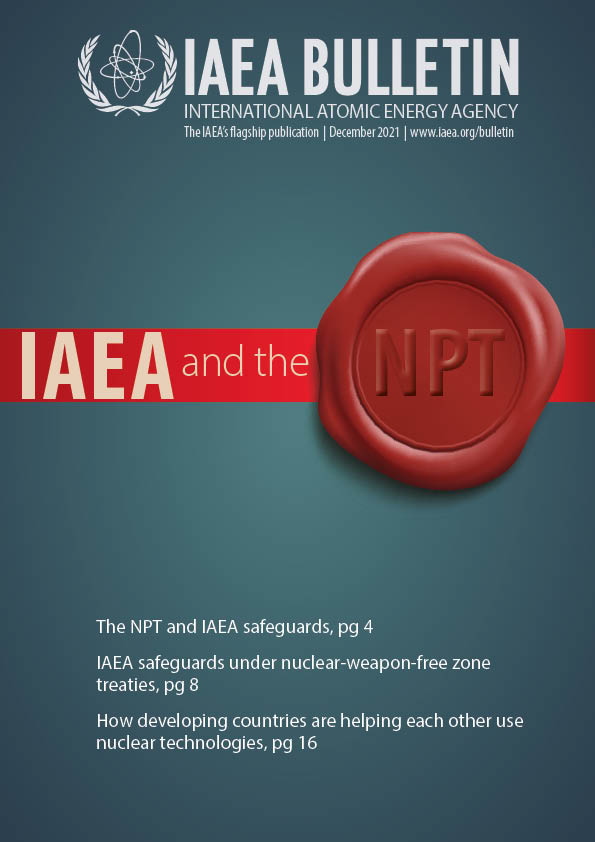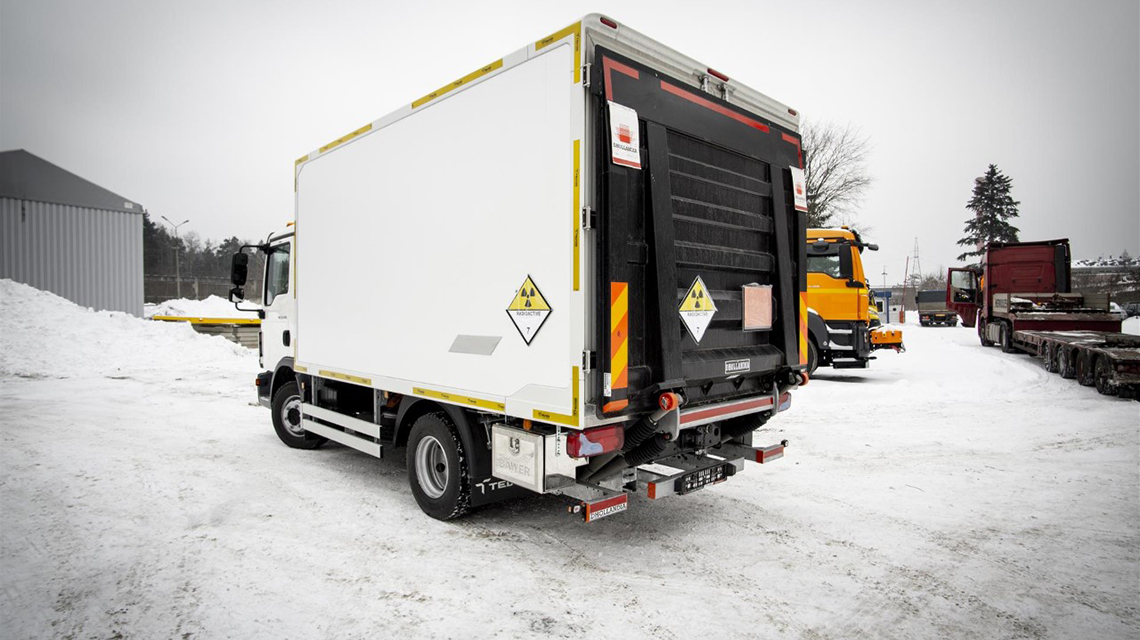Protecting people, property and the environment is the goal of a country’s nuclear safety and security infrastructure. One of the major benefits of robust safety and security systems and measures is increased and sustainable access to peaceful nuclear science and technology.
“One of the essential elements for introducing new nuclear technology or receiving a technical assistance project is the existence of a robust legal and regulatory framework for nuclear-related activities, in line with IAEA standards and guidance,” said Angela Sidorencu, senior specialist in the Safeguards and Nonproliferation Department of Moldova’s National Agency for Regulation of Nuclear and Radiological Activities until 2020.
“Without IAEA technical assistance projects, Moldova wouldn’t, for example, have access to new technologies in radiotherapy and nuclear medicine for diagnosing and treating cancer and other diseases, and we would not have been able to improve quality assurance in all areas of radiodiagnostics and radiotherapy,” Sidorencu said.
Like many countries, Moldova has radioactive material, as well as small quantities of nuclear material. It uses these materials in medical and industrial applications, as well as in science and research, and the country also has radioactive waste management facilities.
Over 15 years ago, Moldovan experts began working with the IAEA to strengthen the country’s legal and regulatory infrastructure for the safety and security of radioactive and nuclear material.
“In 2006, we recognized that the existing legal and regulatory framework was not providing adequate control over activities involving radiation sources,” Sidorencu said, explaining how, at the time, the assignment of responsibilities among authorities was unbalanced and split, legislation was not fully in line with IAEA safety and security documents, and there was no established inventory of radioactive sources.
The support provided to Moldova by the IAEA is related to all aspects of establishing a legal and regulatory framework for safety and security based on IAEA standards and guidance. The IAEA has provided courses to build specialists’ skills and knowledge in radiation protection and nuclear security for both the regulation and operation of nuclear technologies and facilities.
There are currently three ongoing IAEA technical cooperation projects in Moldova. These include projects to improve radiotherapy services in the country’s Oncology Institute, to establish capacities for isotope hydrology techniques for improved water resource management and climate change impact evaluation, and support in decommissioning a near surface radioactive waste facility and remediating the environment.

